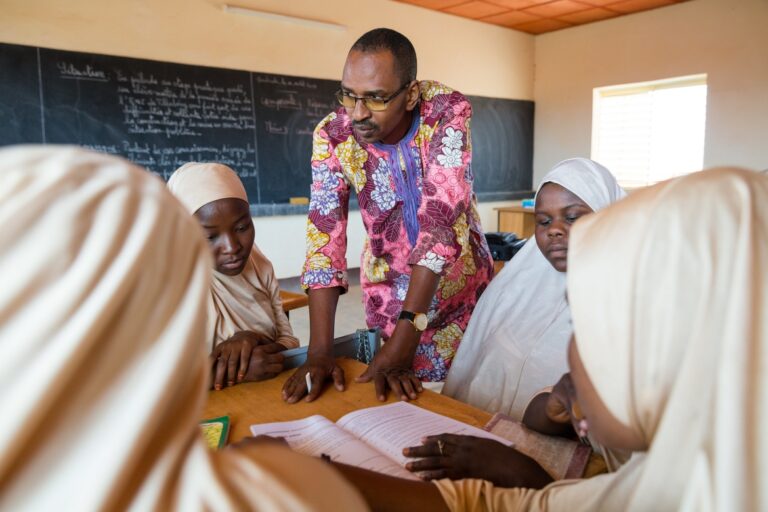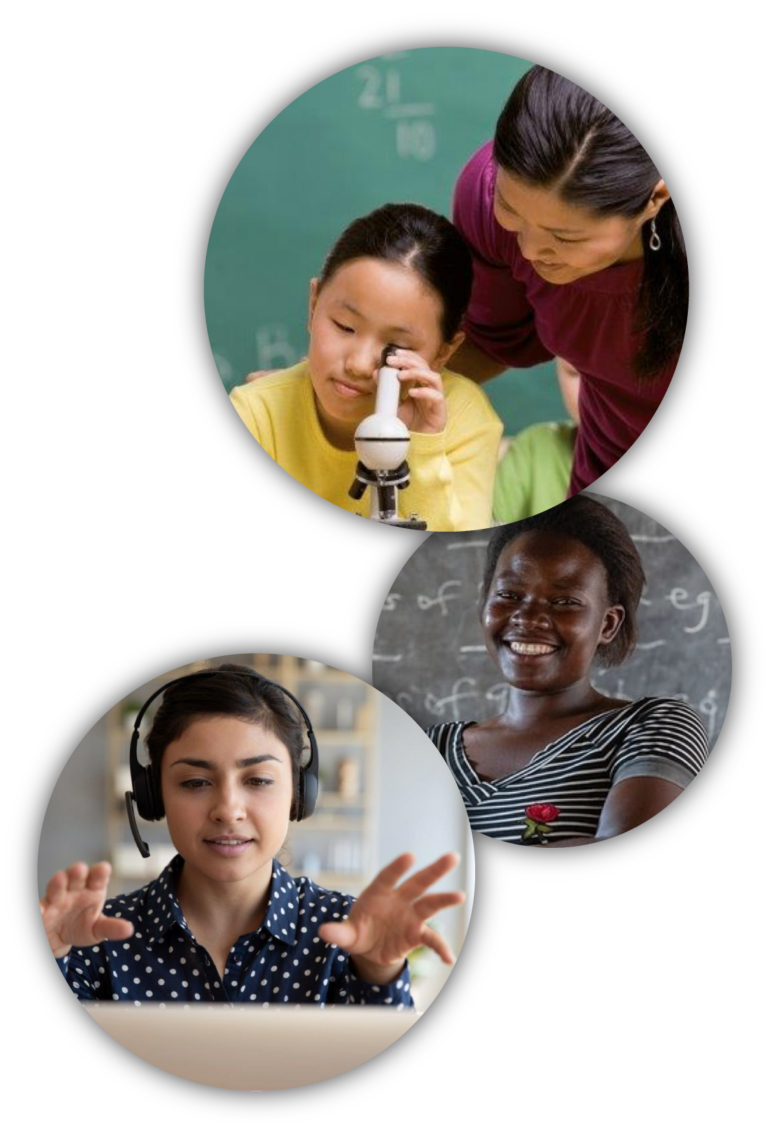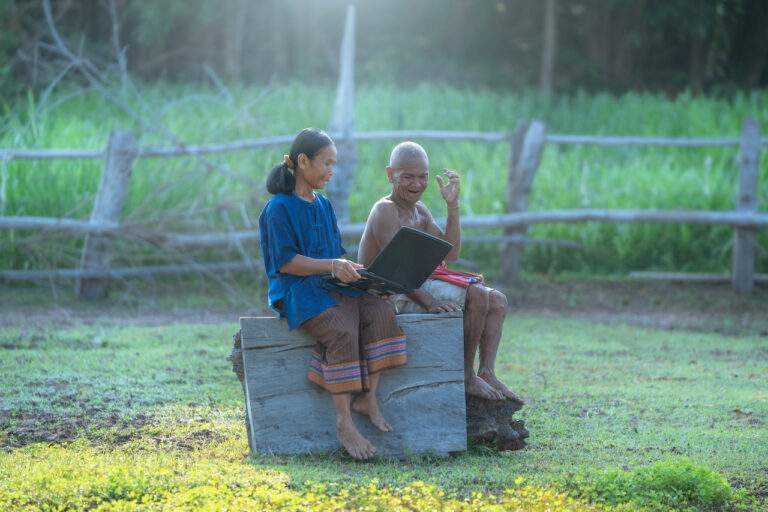Story Source: New Internationalist~ Go to Original Article
Deepika Singh learnt to sign her name during one of India’s frenetic mass literacy campaigns in the early 2000s. The 45-year-old remembers practising for months in order to write her name on a form that would then declare her literate. Almost 17 years on, she signs hesitantly, her English alphabet all over the place, some letters upside down, some inside out. Laboriously signing her name is the extent of her literacy. But she counts among India’s 64.6 per cent ‘functionally literate’ women, exemplifying a rotting, tick-the-box system.
It has been a decade since India enacted the Right to Education Act, which made education a right for children between the ages of 6 and 14. The act boosted available resources and helped notch up impressive enrolment figures – currently, only 2.8 per cent of children are out of school in India, the first time the figure has fallen below 3 per cent……………



